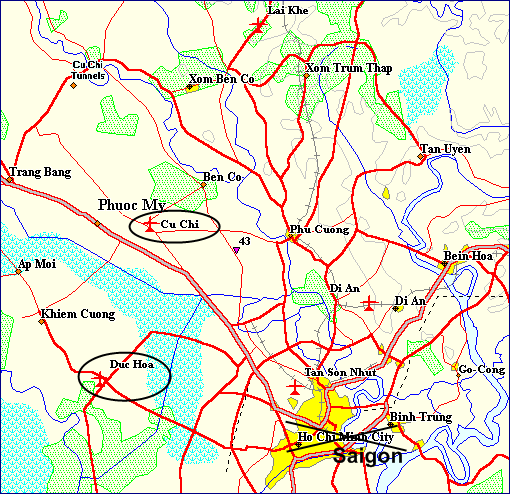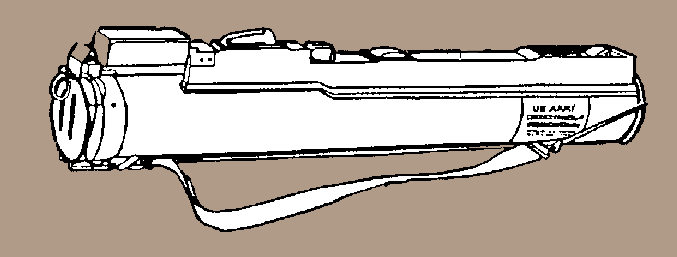 -
A Couple of Quick Stories, As Recalled In July of 2009 -
-
A Couple of Quick Stories, As Recalled In July of 2009 -
 At
the beginning of my tour of duty in Vietnam, I was the pay officer for our
company at Duc Hoa (D/44Th Signal) and I had to fly around and pay the guys at
several of our isolated signal sites every month. The helicopter guys weren't
thrilled with their "taxi" service, but they did it anyway. We'd drop into a
site, the ten or so guys would run up to the chopper, and I'd hand them their
pay and get a signature. I already had all of the money counted out so they
could let me know if there was a problem.
At
the beginning of my tour of duty in Vietnam, I was the pay officer for our
company at Duc Hoa (D/44Th Signal) and I had to fly around and pay the guys at
several of our isolated signal sites every month. The helicopter guys weren't
thrilled with their "taxi" service, but they did it anyway. We'd drop into a
site, the ten or so guys would run up to the chopper, and I'd hand them their
pay and get a signature. I already had all of the money counted out so they
could let me know if there was a problem.
Flying all over with all of that cash (scrip, actually)
made me feel uneasy, but I never had any problems. I was glad to pass on that
duty when our XO left and a new Lt. was assigned to us. (Webmaster's note:
at the same time as Lieutenant Smith was flying payroll duty out of Duc Hoa,
another Lieutenant was doing the same thing for the 459th Signal Battalion, out
of Nha Trang. He had his helicopter ride shot out from under him by V.C. fire.
Since the crash site couldn't be seen from the air, a company of ROKs was
dispatched to find it. They spent several weeks hiking in the mountains before
finding and recovering the bodies. Now, so many years later, payroll duty may
sound like it was easy work, but the life expectancy of a field pay officer was
only a number of days longer than that of a normal chopper pilot.)

 After
about six months in Vietnam, I was assigned as the Battalion S-4 at the 86th
Signal Battalion in Cu Chi. One of my responsibilities was checking the
baggage of departing members of our unit. I was looking at one soldier's
gear and saw an M72 LAW carrier at the bottom. When I reached for it, he
told me that it was an "empty" (it had already been fired). Further
examination revealed the "live" nature of the weapon and I relieved him of
it. I always wondered what his plans were for that when he got home.
After
about six months in Vietnam, I was assigned as the Battalion S-4 at the 86th
Signal Battalion in Cu Chi. One of my responsibilities was checking the
baggage of departing members of our unit. I was looking at one soldier's
gear and saw an M72 LAW carrier at the bottom. When I reached for it, he
told me that it was an "empty" (it had already been fired). Further
examination revealed the "live" nature of the weapon and I relieved him of
it. I always wondered what his plans were for that when he got home.

As part of the inspection process, I inherited a few
pounds of marijuana from my predecessor and unfortunately added some more
during a few of my inspections. When I was getting ready to go home, I asked
my Battalion Commander what I should do with it. Initially he said to bring
it to his "hooch", but was apparently afraid I'd call the MP's on him. He
asked me to get rid of it, so I dumped it into our horseshoe pits, where I
thought the plants would never grow since we were playing daily. I had
forgotten about rainy season, and when it came, horseshoe games stopped and
a fine crop of marijuana plants grew up.
This page originally posted 10 July,
2009

